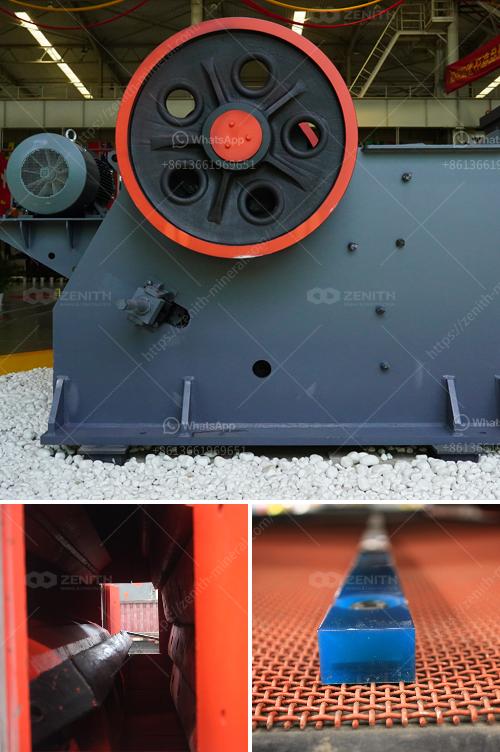Selecting the right crushing equipment is crucial for ensuring efficient and effective processing of materials in various industries, such as mining, construction, and recycling. The selection process involves several key considerations to ensure that the equipment meets the specific needs of the operation. Here are the detailed steps and factors to consider when selecting crushing equipment:
1. Material Characteristics
- Type of Material: Identify the type of material to be crushed (e.g., granite, limestone, ore, etc.). Different materials have different hardness, abrasiveness, and moisture content, which affect the choice of equipment.
- Material Hardness: The hardness of the material, often measured by the Mohs scale, determines the type of crusher that can handle the material without excessive wear.
- Material Size: Consider the size of the material before crushing and the desired size after crushing. This will help in selecting the appropriate crusher that can handle the input size and produce the required output size.
2. Production Requirements
- Capacity: Determine the required production capacity (tons per hour). This will influence the size and type of crusher needed to meet production goals.
- Output Size: Define the desired size of the crushed material. Different crushers produce different sizes and shapes of the final product.
3. Types of Crushers
- Jaw Crushers: Suitable for primary crushing of large, hard materials. They are known for their high reduction ratios and are commonly used in mining and quarrying.
- Gyratory Crushers: Also used for primary crushing, they are similar to jaw crushers but have a conical head and a concave surface. They are suitable for high-capacity crushing.
- Cone Crushers: Ideal for secondary and tertiary crushing, they are used to crush medium to hard materials and produce a more uniform size.
- Impact Crushers: Suitable for softer materials and recycling applications. They use impact force to break down materials and are known for producing a high-quality, cubical product.
- Hammer Crushers: Used for medium to hard materials, they use high-speed rotating hammers to crush the material.
- Roll Crushers: Suitable for fine crushing of soft to medium-hard materials. They use compression to crush the material between two rotating rolls.
4. Operational Considerations
- Energy Consumption: Evaluate the energy efficiency of the crusher. Energy-efficient crushers can reduce operational costs.
- Maintenance Requirements: Consider the ease of maintenance and availability of spare parts. Crushers that are easy to maintain can reduce downtime and increase productivity.
- Mobility: Determine if a stationary or mobile crusher is needed. Mobile crushers offer flexibility and can be moved to different sites as needed.
5. Cost Considerations
- Initial Investment: Assess the initial cost of the crusher, including installation and setup costs.
- Operating Costs: Consider the long-term operating costs, including energy consumption, maintenance, and wear parts replacement.
6. Environmental and Safety Considerations
- Dust and Noise Control: Evaluate the crusher's ability to control dust and noise emissions. This is important for compliance with environmental regulations and ensuring a safe working environment.
- Safety Features: Ensure the crusher has adequate safety features to protect operators and maintenance personnel.
7. Vendor and Manufacturer Support
- Reputation and Reliability: Choose a reputable manufacturer with a track record of producing reliable and durable crushing equipment.
- Technical Support: Ensure the manufacturer provides adequate technical support and training for operating and maintaining the crusher.
Conclusion
Selecting the right crushing equipment involves a comprehensive evaluation of material characteristics, production requirements, types of crushers, operational considerations, cost factors, environmental and safety considerations, and vendor support. By carefully considering these factors, you can choose the most suitable crusher that meets your specific needs and ensures efficient and effective material processing.

